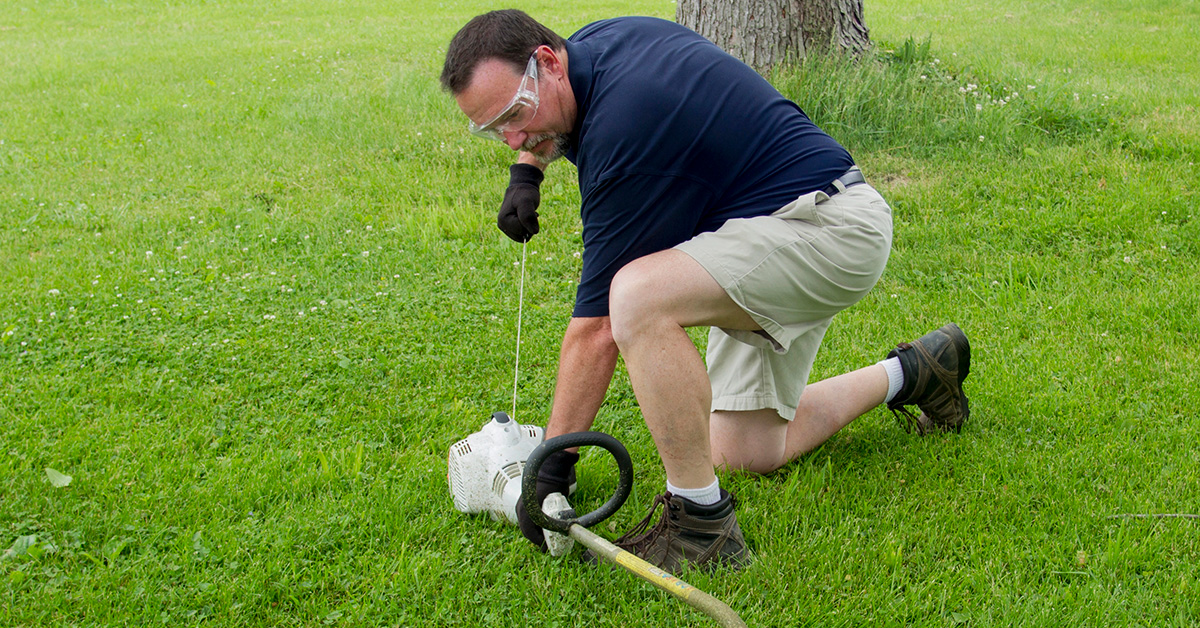
Can You Live a Normal Life After a Spinal Fusion?
Spinal fusion surgery is often a last-resort treatment for conditions like spinal instability, degenerative disc disease, or scoliosis. Understandably, many patients considering this procedure wonder whether they can return to their normal lives afterward. The good news is that, with proper care and a commitment to recovery, most individuals can resume a fulfilling and active lifestyle post-surgery.
Recovery Takes Time
One of the most important aspects of living a normal life after spinal fusion is understanding that recovery is a gradual process. Immediately following surgery, you’ll need to limit your activities to allow the spine to heal properly. This initial phase typically involves a hospital stay of a few days and restricted movement for the first few weeks.
Physical therapy usually begins after the initial healing phase and plays a critical role in regaining strength, flexibility, and mobility. While full recovery can take anywhere from six months to a year, staying committed to your rehabilitation plan is key to achieving the best possible outcome.
What to Expect Post-Recovery
Once the fusion is fully healed, most patients can return to their daily activities with little to no pain. While you may need to make some adjustments, such as avoiding high-impact sports or heavy lifting, many people resume activities like walking, biking, swimming, and even light jogging.
For individuals who had debilitating pain or limited mobility before surgery, spinal fusion often provides significant relief and improved function, enabling them to engage in activities they once enjoyed.
Adjustments and Lifestyle Changes
Though spinal fusion offers many benefits, some lifestyle changes may be necessary. Fused segments of the spine lose their natural flexibility, so activities that require excessive twisting or bending may feel different or need modification. Additionally, proper posture and body mechanics become even more critical to avoid unnecessary strain on adjacent vertebrae.
Maintaining a healthy weight and staying active through low-impact exercises are essential to support your spine and prevent further issues. Incorporating core-strengthening exercises can also help stabilize the spine and reduce stress on surrounding areas.
Emotional and Mental Well-Being
Living a normal life isn’t just about physical recovery—it also involves emotional and mental well-being. Chronic pain and mobility limitations can take a toll on mental health, so experiencing relief after spinal fusion can be life-changing. Many patients find that their improved physical condition positively impacts their mood, energy levels, and overall outlook on life.
However, it’s normal to feel frustrated or impatient during the recovery process. Seeking support from friends, family, or a counselor can help you stay motivated and focused on your long-term goals.
Long-Term Outlook
The long-term success of spinal fusion depends on maintaining healthy habits and staying proactive about spinal care. Regular check-ups with your healthcare provider, adherence to your physical therapy routine, and making smart choices about activities will ensure that your spine remains healthy and stable.
While no surgery guarantees a return to pre-injury flexibility, spinal fusion can significantly improve your quality of life, allowing you to engage in most daily activities without pain.
Yes, you can live a normal life after spinal fusion, but achieving this outcome requires dedication to recovery and a willingness to adapt. By following your healthcare provider’s guidance, committing to physical therapy, and making lifestyle adjustments, you can regain mobility, reduce pain, and enjoy a fulfilling life. If you’re considering spinal fusion, rest assured that many people experience significant improvements and go on to lead active, healthy lives.

